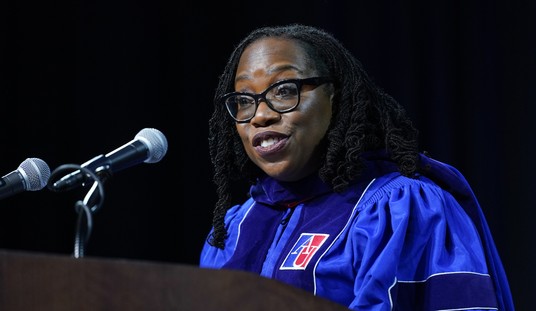According to Senator Charles Grassley (R-IA), a bipartisan panel of key Senators working on health-care reform have all concluded that the “public plan” has to go. Removing the most contentious part of Barack Obama’s health-care overhaul could help push the bill through the upper chamber. However, that doesn’t mean it won’t wind up in the final version (via Verum Serum):
Grassley, the GOP’s key negotiator, expressed similar determination, but made clear he doesn’t expect a public health care option sought by President Barack Obama to be in a final deal.
“I’m still hopeful, but I’m hopeful based on I think you’re talking about something a little less sweeping than what we talked about before,” Grassley told the AP in a telephone interview.
Grassley in the past has roundly criticized the public option, but went a step further Monday in saying the core group of senators agreed such a provision would not be in a bill.
“It’s pretty clear that’s something not on the table,” Grassley said. “It’s fair to say that not every one of the six is opposed to it, but they realize the reality of it.” …
“There are things that for months have been things I have said can’t be in a bill,” Grassley said. “There are some instructions from my caucus I have tried to take to the table: no public option, no rationing and tort reform.”
So far, tort reform still hasn’t made it into the Senate’s proposals, nor has the public option been removed. Even if they do remove it and add tort reform per Grassley’s demands, that doesn’t mean that it’s “margarita time.” The process of legislation allows for considerable mischief.
The House and Senate will pass two very different bills, if both of them manage to pass anything at all. Those bills will go to a conference committee, which will produce what should be a blend of the two bills for final votes in both chambers. The conferees can do almost anything they want, though; they can add or subtract public options, tort reform, veterinary care, taxes, individual mandates — anything at all. It only takes a majority vote to get the final bill out of joint conference, and once one chamber accepts the bill, the other cannot vote to recommit the bill back to the conference committee for more work.
When the conference report hits the House and Senate, the administration will press for a quick vote. Considering how long this bill will inevitably be, no one will have time to read it before Harry Reid and Nancy Pelosi schedule floor votes on it. It may be well after a presidential signature before all of the damage becomes apparent.
This is not a bad development, but we’re far from a victory on this bill.








Join the conversation as a VIP Member